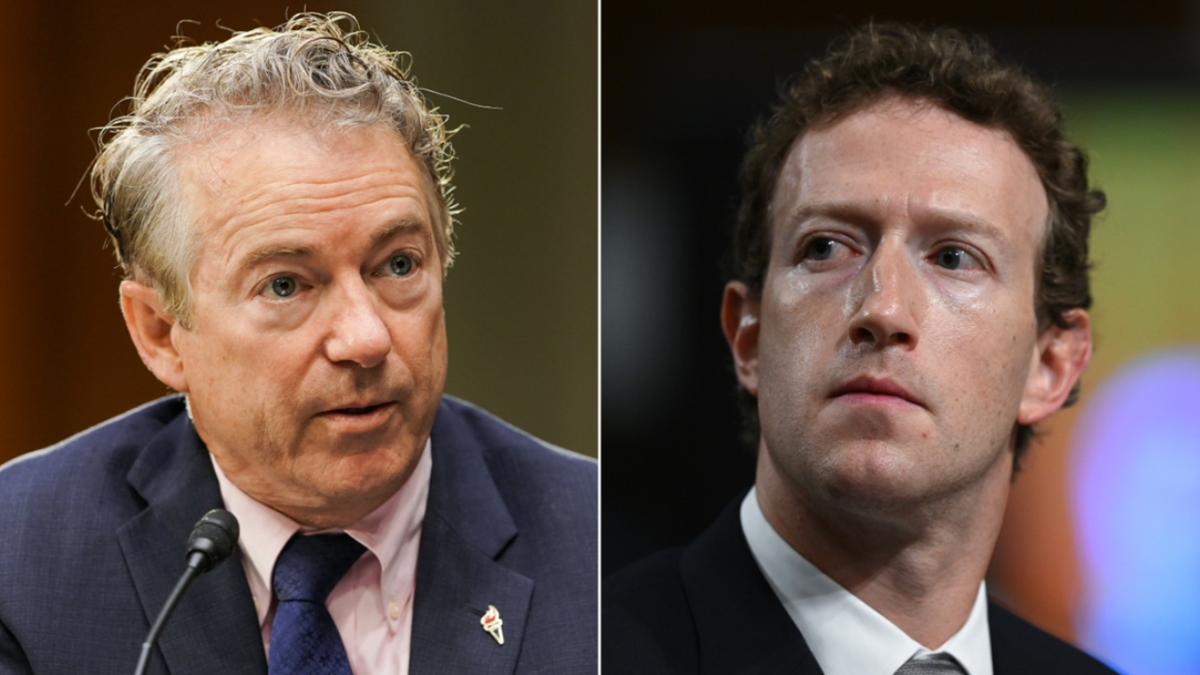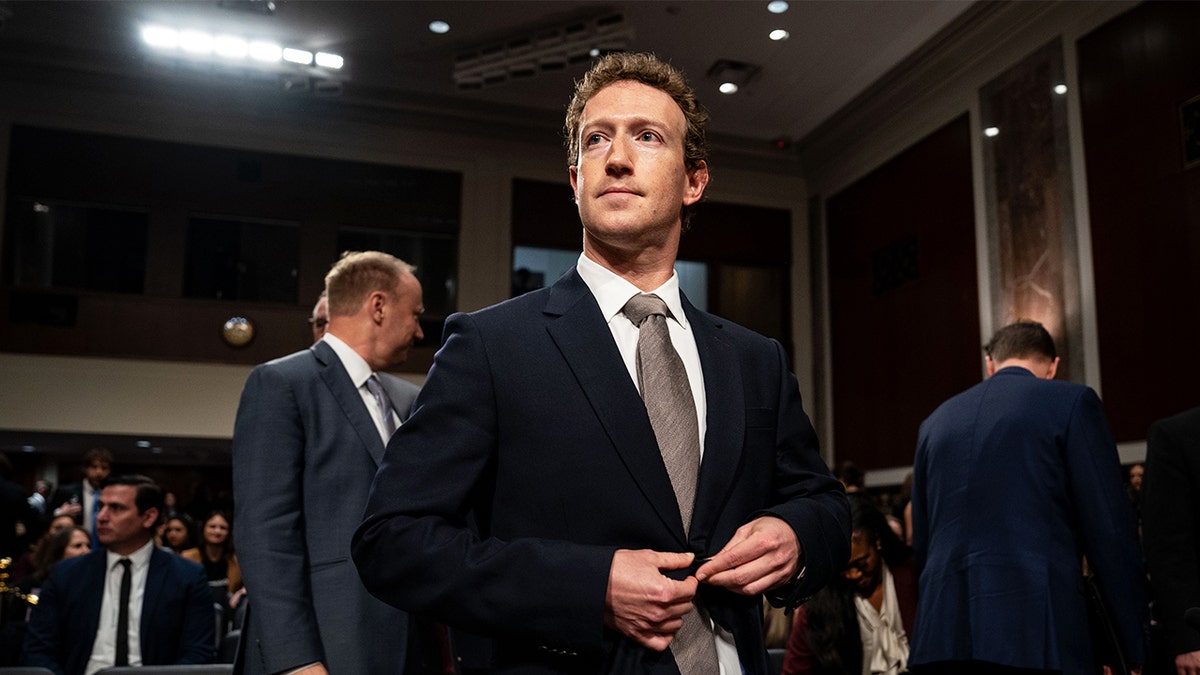Meta's recent decision to discontinue its fact-checking program and prioritize free speech has sparked considerable discussion, particularly among conservatives who view it as a significant victory. The shift, announced by CEO Mark Zuckerberg, acknowledges that prior content moderation efforts had "gone too far." Meta plans to implement a system akin to X's Community Notes, aiming to foster more open dialogue and user-driven content evaluation.
This announcement drew enthusiastic responses from various conservative figures. Senator Rand Paul celebrated it as a "huge win for free speech," while others like Lyndsey Fifield, visiting fellow at the Independent Women's Forum, expressed surprise at Meta's explicit adoption of a community-based approach. Several commentators linked the change to the political landscape, suggesting it wouldn't have occurred without certain electoral outcomes. They see it as a direct consequence of political pressure and a response to criticism of alleged bias in content moderation.

Conservatives celebrated Meta CEO Mark Zuckerberg's announcement regarding censorship protocols. (Getty Images)
Meta's fact-checking program, implemented after the 2016 election, was intended to address misinformation. However, it became a source of contention, with conservatives alleging politically motivated censorship. They cite instances like the suppression of the Hunter Biden laptop story, which Zuckerberg later admitted was influenced by pressure from the Biden administration. Meta's chief global affairs officer, Joel Kaplan, acknowledged that the company's automated systems made excessive errors, removing content that didn't violate their policies.

Meta's discontinued fact-checking practices were a source of ongoing debate. (AP Photo/Patrick Sison, File)
While Meta intends to reduce reliance on automated systems and empower community-based moderation, certain content categories, such as terrorism, illegal drugs, and child exploitation, will remain subject to moderation. Zuckerberg also mentioned relocating moderation teams to Texas, anticipating a reduction in perceived bias. This move, along with the shift to Community Notes, signals a significant change in Meta's approach to content governance, raising questions about the future of online discourse and the balance between free speech and platform responsibility.

Mark Zuckerberg testified before the Senate Judiciary Committee. (Kent Nishimura)
Comments(0)
Top Comments